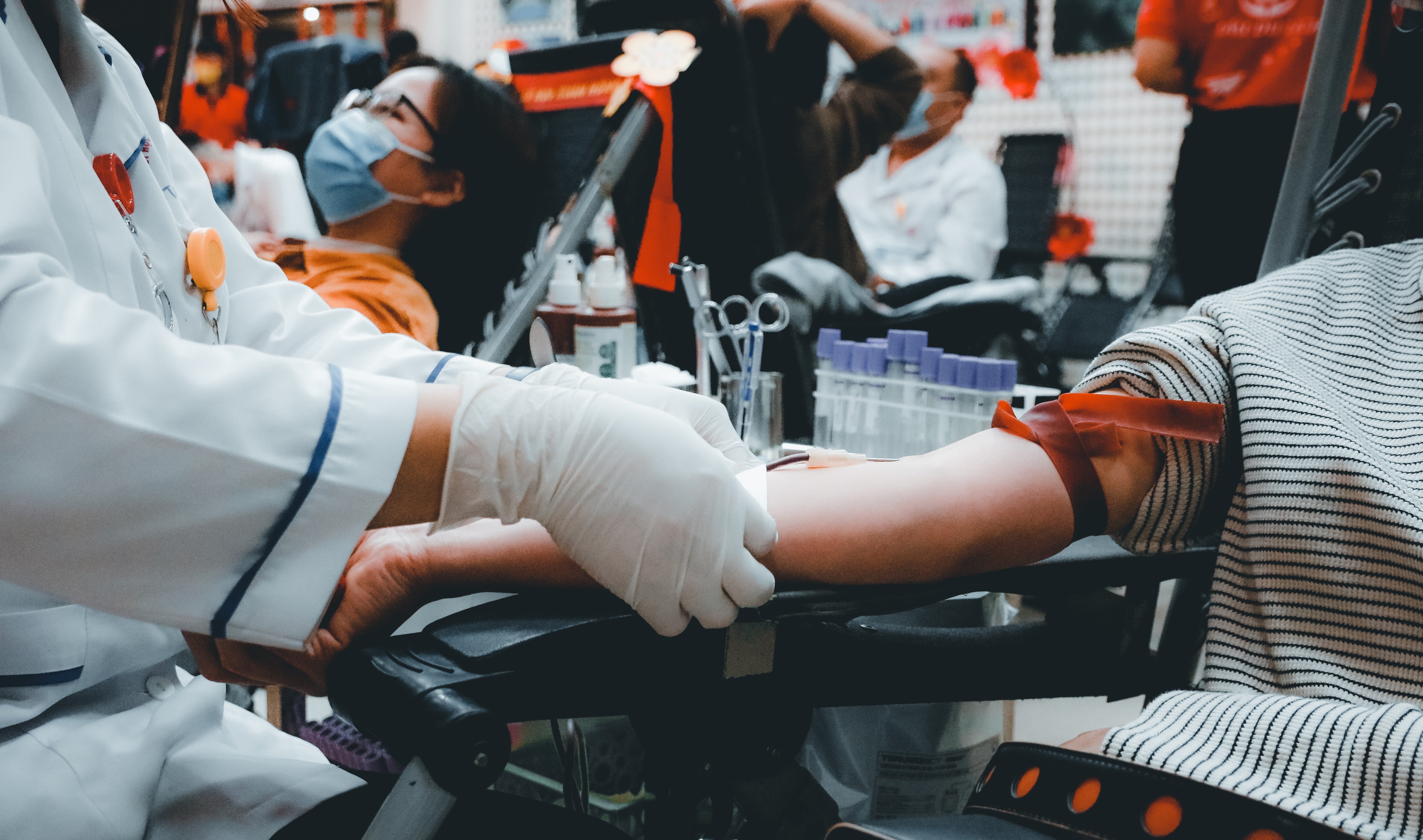As more males discover the benefits of testosterone replacement therapy, the risks of this treatment are scrutinized more. With regard to testosterone therapy and heart health, there are some but very little published studies suggesting a positive or negative relationship.We previously posted an article referencing research published in JAMA that found an increased risk of cardiovascular disease in males taking testosterone replacement therapy. More recent research found the exact opposite to be the case. In this article doctor Terranella, a phoenix based naturopathic doctor disects the two articles to uncover where the risks of heart and cardiovascular problems lie from testosterone replacement therapy.
based naturopathic doctor disects the two articles to uncover where the risks of heart and cardiovascular problems lie from testosterone replacement therapy.
Who is at Greatest Risk for Low Testosterone?
As men age their testosterone levels decline at around age 35-40 by about 1% per year. So aging alone is a risk for low testosterone. Weight gain particularly around the abdomen is a risk factor for having low testosterone as these are closely correlated. Traumatic brain injury or TMI changes the amount of hormones that tell the testes to make testosterone leading to deficiency in testosterone. Similarly substance abuse and some medications can decrease the amount of testosterone being produced by interrupting the hormones that stimulate testosterone production.
Top 5 Symptoms Related to Testosterone Deficiency
There are many symptoms associated with testosterone deficiency but the most common are listed here:
- Mental and Emotional problems- Both depression and anxiety can be present as well as general mood instability.
- Erectile dysfunction.
- Fatigue- both physical and mental fatigue along with low motivation and poor focus.
- Difficulty with weight control- in particular difficulty with fat loss around the abdomen and/or maintaining muscle.
- Low libido.
If the above describes you, it is a good idea to have your levels checked to see if you need male hormone replacement therapy like testosterone.
Effects of Testosterone on Cardiovascular Risk Factors
Cardiovascular risk factors are those things that increase our risk of having a cardiovascular related event such as heart attack, stroke, peripheral arterial disease, kidney or other organ damage. Examples of these risk factors are high cholesterol, high blood pressure, poor diet sedentary lifestyle, smoking, being overweight, having a diagnosis of Diabetes, etc. Several recent studies have validated the positive effects of testosterone replacement therapy on things like metabolic syndrome, Type 2 Diabetes Mellitus, weight loss, and cholesterol (lipid) profiles. Metabolic syndrome, type 2 diabetes, and weight gain are all directly linked with insulin resistance and testosterone levels seem to be inversely associated with the severity of insulin resistance. So the lower the testosterone, the worse the blood sugar will be in a Diabetic.
Because of the damage that occurs in the arteries from higher sugar levels, just having diabetes puts one at higher risk for cardiovascular disease. Since testosterone replacement therapy partially reverses the insulin resistance, one can easily see the protective effect of testosterone for diabetes. The exact mechanism of how testosterone replacement therapy does this is not know but it seems to go beyond the simple change in body composition that goes along with normalizing testosterone levels.
The November 2013 JAMA article found that men on testosterone therapy were at increased risk of death heart attacks and stroke. While this study has many flaws and should be taken with a grain of salt, it did have one positive effect. That is, it raises some caution in men taking testosterone and reminds them to make sure they are being monitored properly.
Since November a more recent study published in the Annals of Pharmacotherapy compared over 24,000 males on intramuscular testosterone therapy over the coarse of many years and found no increased risk for heart attacks or other cardiovascular events. In this study the researchers had much more information to compare such as how different doses effected the results. The researches commented that among the men studies, those with higher risk of cardiovascular events seemed to have a protective effect from the testosterone therapy.
When commenting on what the mechanism of the protective effect might be, the author noted the above protective effects and,
"Testosterone may also possess anti-inflammatory and anticoagulant properties, but likewise, there are also plausible pathways whereby it could increase cardiovascular risk, so there are arguments to be made both ways," he said.
Prevention of Cardiovascular Problems While on Testosterone Therapy
The current body of evidence on testosterone therapy and heart health suggest an overall protective effect but the potential for negative effects should not be ignored. In our clinical experience some men seem to be more prone to production of red blood cells than others. This may be one cause if any, for cardiovascular problems. Additionally testosterone is converted to estradiol at varying degrees in different men depending on their level of aromatase enzymes. The more aromatase the more estradiol, and the more estradiol, the more potential for clots. We know, for instance that women taking birth control pills with estrogen are at increased risk for clots. It makes sense then that males with higher estrogen would be at increased risk as well.
Both the increased production or red blood cells and increased production of estrogen are treatable and therefor cause no risk. The key is getting tested regularly and at different intervals. Without testing you cannot make adjustments for any of the above potential problems giving this therapy much more potential for adverse effects. With testing and appropriate adjustments where needed, testosterone therapy is very safe and likely has a protective effect on the cardiovascular system.
Hopefully this sheds some light on the pros and cons of testosterone therapy on your heart health. In the months to come there will be additional research studies published on the subject. So stay tuned for updates and if you have any questions or cements, please post them below.
 "My weight was getting so out of control. I started their weigh loss diet program and lost 32 lbs! I have been able to reduce my blood pressure medicine, fit back in my clothes, have tons more energy... Now I am back to eating and my desire for foods has changes drastically. Saved my life!!!
"My weight was getting so out of control. I started their weigh loss diet program and lost 32 lbs! I have been able to reduce my blood pressure medicine, fit back in my clothes, have tons more energy... Now I am back to eating and my desire for foods has changes drastically. Saved my life!!!
 "Dr. Cline and Dr. Terranella have been amazing! For the first time we found doctors that actually listen. They care about how your feeling and try everything they can to get you back to a normal state. I am in love with these guys! If you want amazing care, see these guys."
"Dr. Cline and Dr. Terranella have been amazing! For the first time we found doctors that actually listen. They care about how your feeling and try everything they can to get you back to a normal state. I am in love with these guys! If you want amazing care, see these guys."





 based naturopathic doctor disects the two articles to uncover where the risks of heart and cardiovascular problems lie from testosterone replacement therapy.
based naturopathic doctor disects the two articles to uncover where the risks of heart and cardiovascular problems lie from testosterone replacement therapy. 










